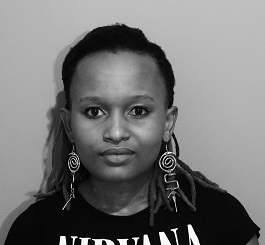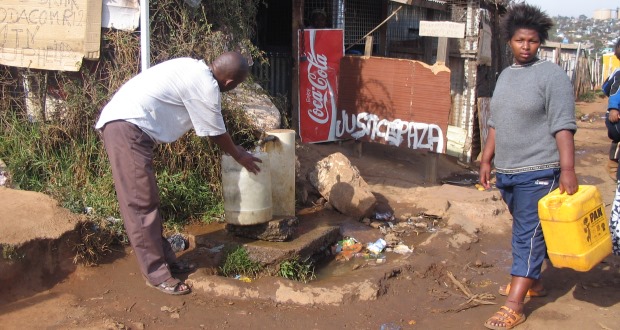Since December last year, residents of one of Zimbabwe’s oldest townships have been living on ground zero of the country’s latest typhoid outbreak. So far, two lives have been claimed by the Salmonella typhi bacterium, with at least 39 recorded cases and nine hospitalisations. But do we have cause to worry about it breaking out in South Africa?
The head of the National Institute for Communicable Diseases’ (NICD) Outbreak Response Unit, Dr Kerrigan McCarthy, is not entirely sure about the numbers: “[N]o-one seems really sure about how many cases of typhoid there have been in Harare or Zimbabwe, but it is clear – there are many cases, and there is an outbreak on the go.â€
This has prompted the NICD to issue an alert to South Africans, especially those returning from Zimbabwe. “Most cases in 2016 were identified in January and February, or in April/May reflecting time periods when travellers returned from home or holiday destinations, and when warm environmental temperatures support transmission,†said McCarthy.
Cases of typhoid in southern Africa are sporadic with only a small number of cases – there were 124 detected cases in South Africa last year. It poses an ongoing threat in southern Africa because it is endemic (or indigenous) to the region. If there were to be an outbreak that isn’t handled quickly and effectively, infection rates can multiply exponentially.
Typhoid bacteria is spread through the faecal contamination of food and water. Contamination can happen through direct contact with an infected person’s faeces, or eating or drinking contaminated food or water. This means that people living in areas where there aren’t adequate water sanitation services are at the highest risk of infection. Breakdown in any sanitation services, especially to areas that have a high density of people, can increase the number of typhoid cases.
The water infrastructure of Mbare township is underrun and poorly developed. They have gone for years without regular water supplies, which means that they have had to find other water sources, and these have not been treated to ensure safety. Because of the lack of maintenance, the sewage lines have ruptured, unable to handle the huge volume of water due to heavy rains. These are now funneling raw sewage into rivers and dams, further contaminating water supplies.
“Consequently when people have obtained their water from these open sources, the spread of typhoid has occurred,†said McCarthy. This form of contamination has the most widespread effect.
South Africa does have a plan to prevent a widespread outbreak of typhoid. Communicable Disease Coordinators (CDCs) are set up in each province to monitor and follow up on typhoid cases. “Our network of laboratories will report any case of typhoid diagnosed at any public hospital to the NICD, and we will report it to the District CDCs who will follow up cases, and check for typhoid in the contacts of the affected person, and arrange treatment to ensure that all cases and contacts are cured and do not continue to spread typhoid. Each case of typhoid is investigated to establish where the infection originated,†explained McCarthy.
Mbare’s experiences are a common example of the situations in underdeveloped urban and rural areas across southern Africa. Communicable diseases like typhoid thrive in areas where basic sanitation infrastructure is neglected and people are forced to live in and around muck. This not only endangers the lives the most economically vulnerable, but also violates one of the fundamental tenets of our country’s human rights charter: access to basic services, healthcare, and hygiene. Having access to water, sanitation, and adequate hygiene education is not something that depends on whether you have money or not: it is a right, not a commodity.
While we may be spared a widespread outbreak of typhoid, our neighbours’ plight is a reminder of why it is so important to have adequate basic sanitation services provided to all. They are vital, both for the basic dignity and the prosperity of those people.










